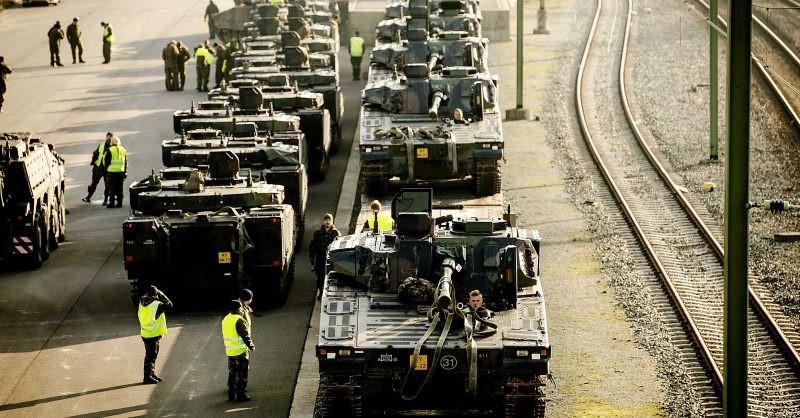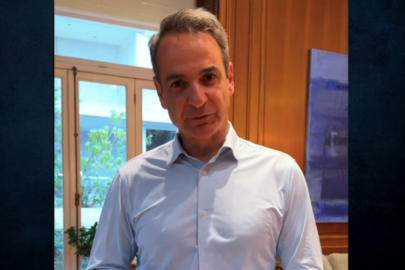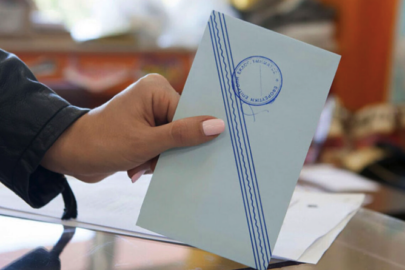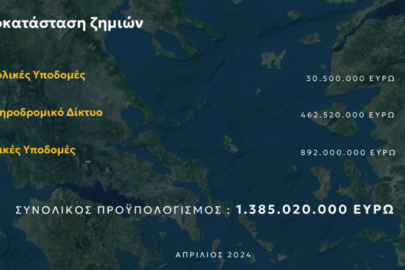The US government has told EU states that it and other non-EU NATO allies should play a key role in a European defence pact, diplomatic sources said yesterday (27 February).
The message, sent to defence and foreign ministries, was meant to underscore Washington’s worries that the pact could duplicate NATO efforts and possibly shut out US arms makers from future European defence contracts, the sources told Reuters.
Twenty-five EU governments launched the agreement in December to fund, develop and deploy armed forces together, ending the squandering of billions of euros by splintered defence policies and reducing Europe’s heavy reliance on Washington.
The message, sent in a diplomatic cable earlier this month, said Washington supported the plan, but expected the “robust involvement” of NATO and particularly non-EU members of the trans-Atlantic defence alliance, the sources said.
“The two main concerns are that there’s no duplication with NATO and that non-EU allies are not cut out of competitions for future weapons,” one of the sources told Reuters yesterday.
“If the EU countries are joining forces to make acquisitions that are ultimately going to be used in the NATO context, there should be fair and open competitions,” the source added.
France and Germany have already announced plans to develop a next-generation European fighter jet and Germany is leading an effort to develop a new European drone.
‘Ironic’
One European official said the US concern about being shut out was “a bit ironic,” given US President Donald Trump’s “America First” policy, and the problems that European firms have historically had breaking into the US weapons market.
The US message echoed remarks made by NATO Secretary General Jens Stoltenberg at the Munich Security Conference earlier this month in which he highlighted the importance of non-EU allies in paying for European defences.
Once Britain leaves the EU, he said, 80% of NATO defence spending will come from non-EU allies.
The sources said Washington also told EU states in a separate cable that it planned to boost funding for increased US military exercises and training in Europe by $1.7 billion to $6.5 billion in the fiscal 2019 year beginning on 1 October.
The initiative, initially known as the European Reassurance Initiative, was launched in 2014 by then US President Barack Obama in the wake of Russia’s annexation of Ukraine’s Crimea region. It has since been renamed the European Deterrence Initiative, or EDI.
The cable, sent out late last week and early this week, said the US was living up to its obligations to ensure the defence of all NATO members in what one of the sources called “a subtle prod to other allies to increase their own funding.”
Trump has been pressing European countries to increase their defence spending and honour agreements to move towards spending 2% of economic output on the military by 2024.
NATO expects eight of NATO’s 29 members to meet the target in 2018, growing to at least 15 in 2024.
Source: euractiv


































